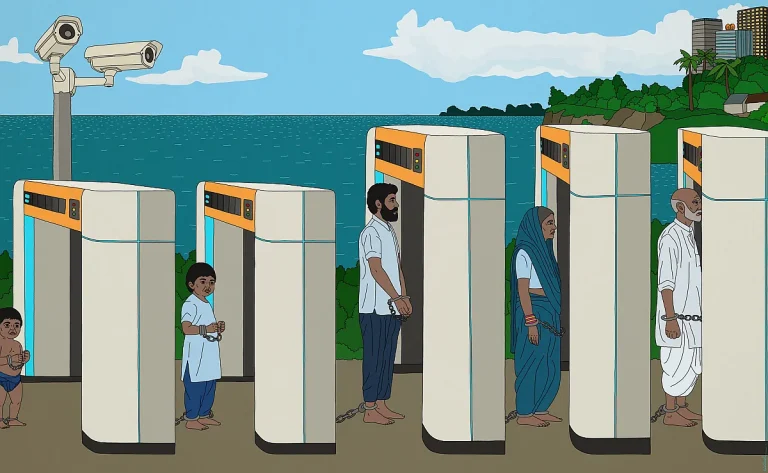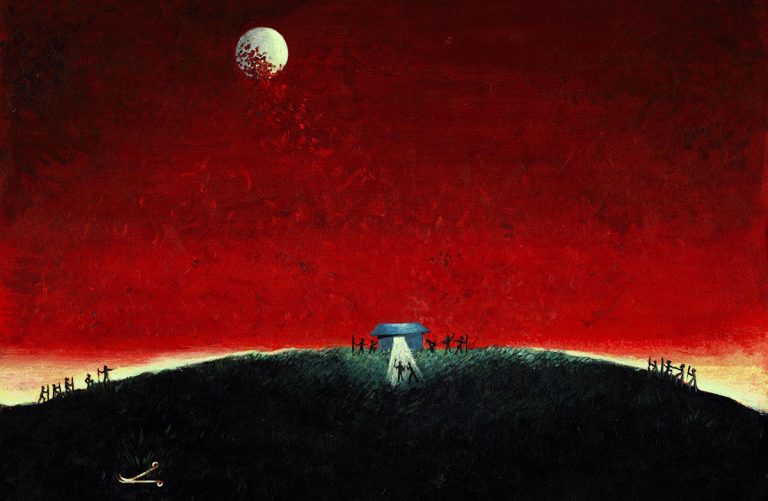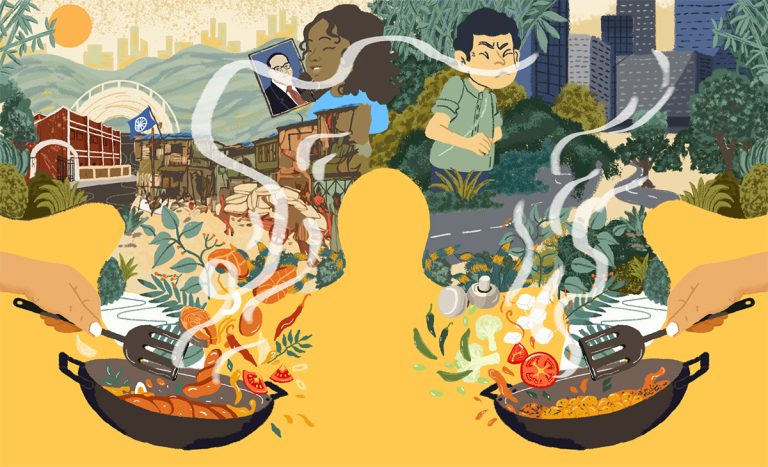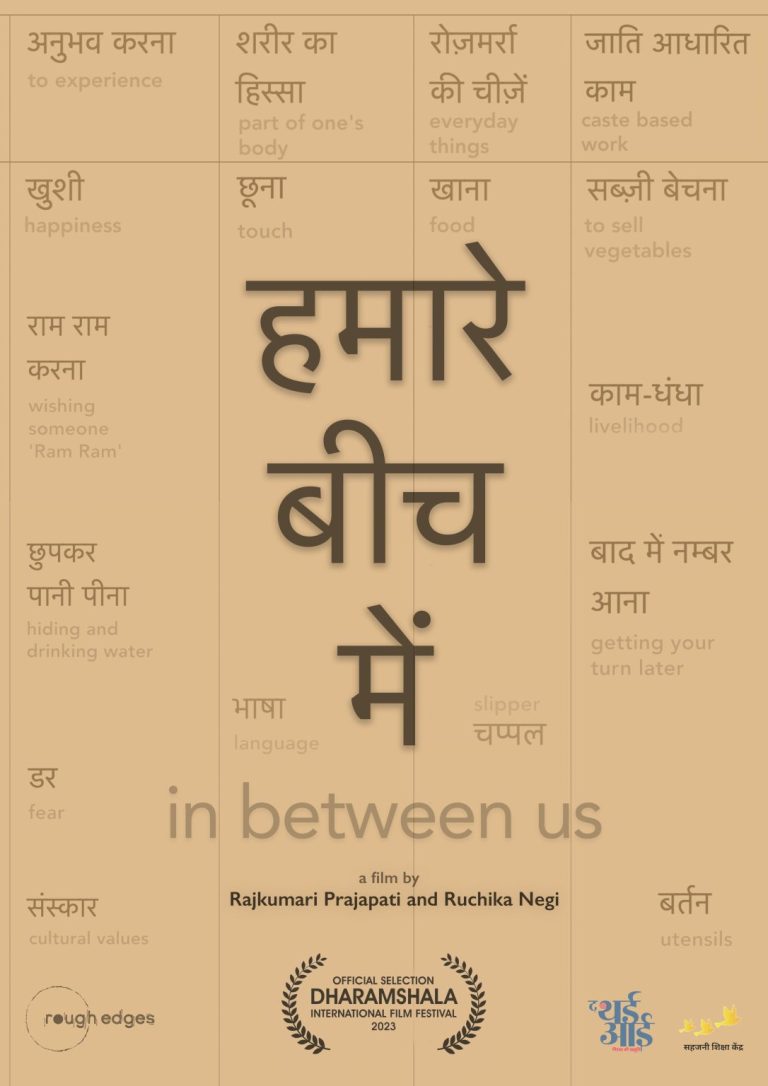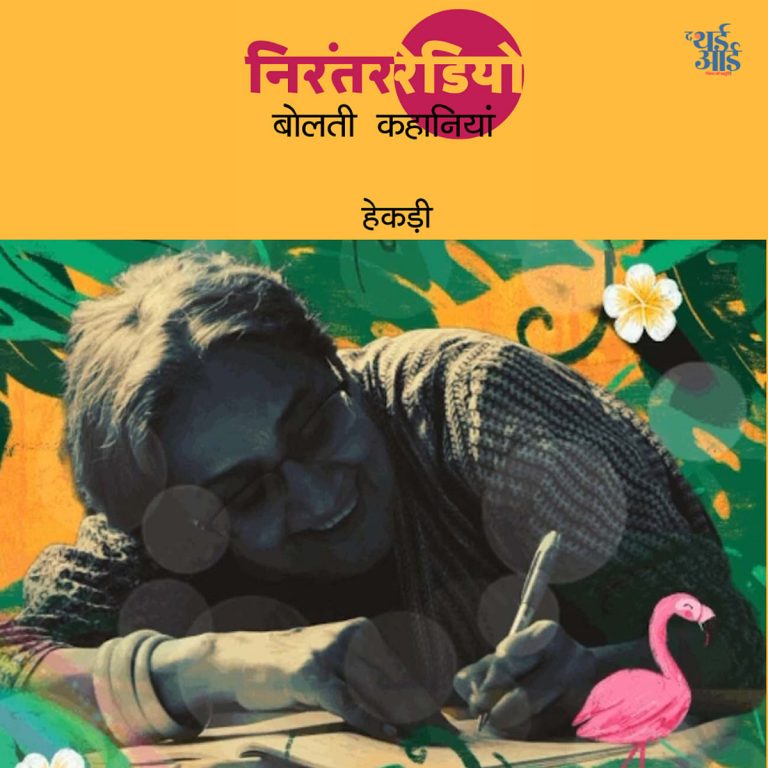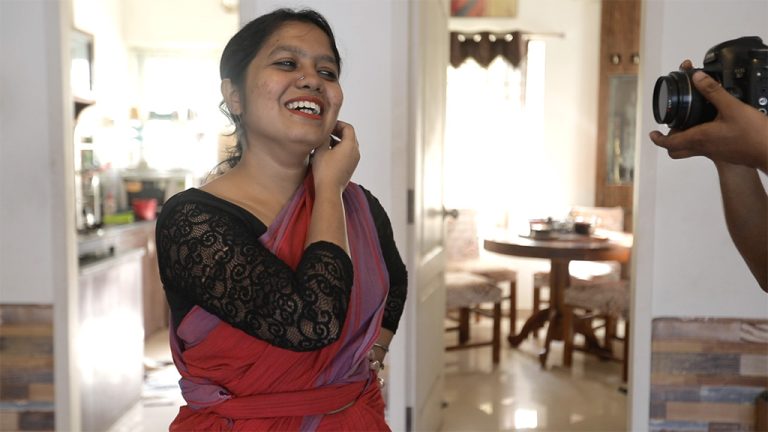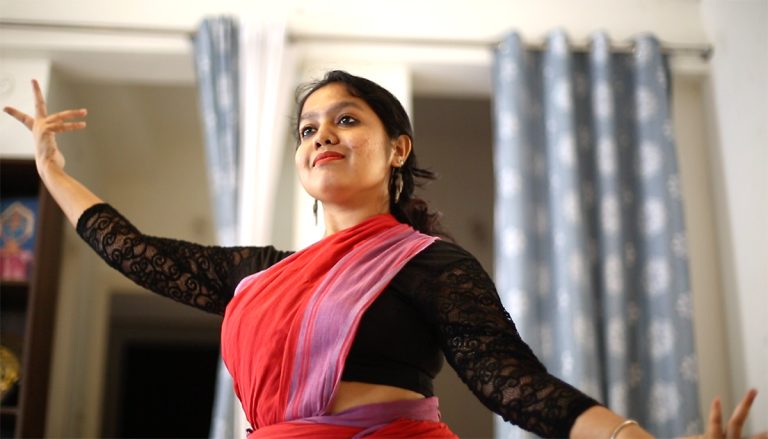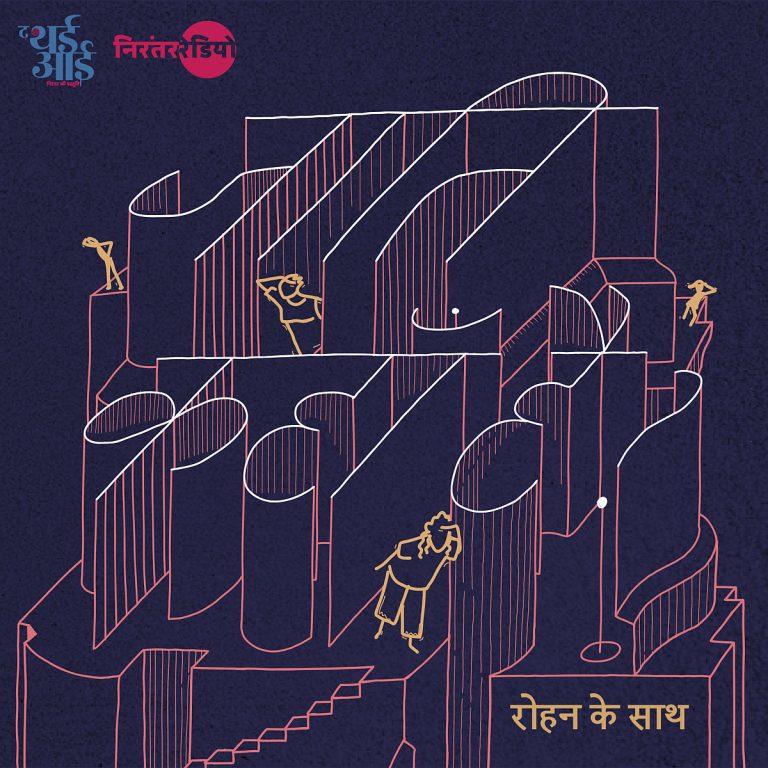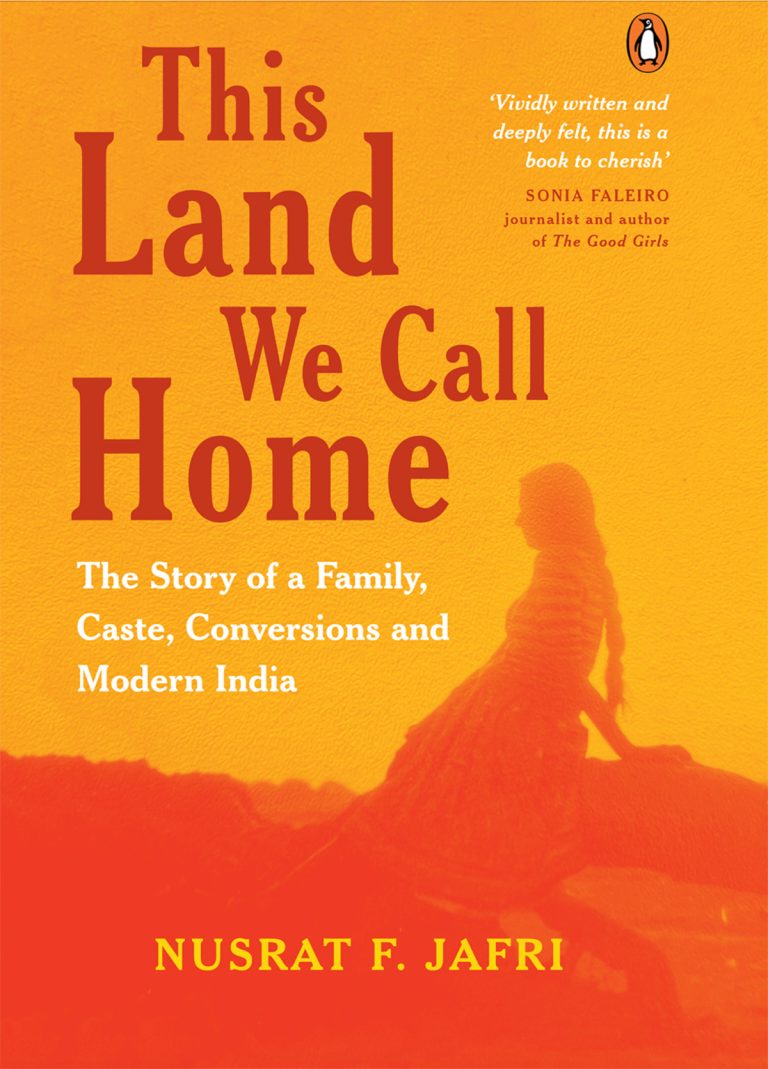
What can a Family Memoir tell us about Caste, Conversions and Criminality in Modern India?
we share excerpts from Nusrat F. Jafri’s The Land We Call Home. In this haunting and intimate memoir, Jafri interrogates the colonial and casteist invention of hereditary criminality—through the prism of her own family’s history.


